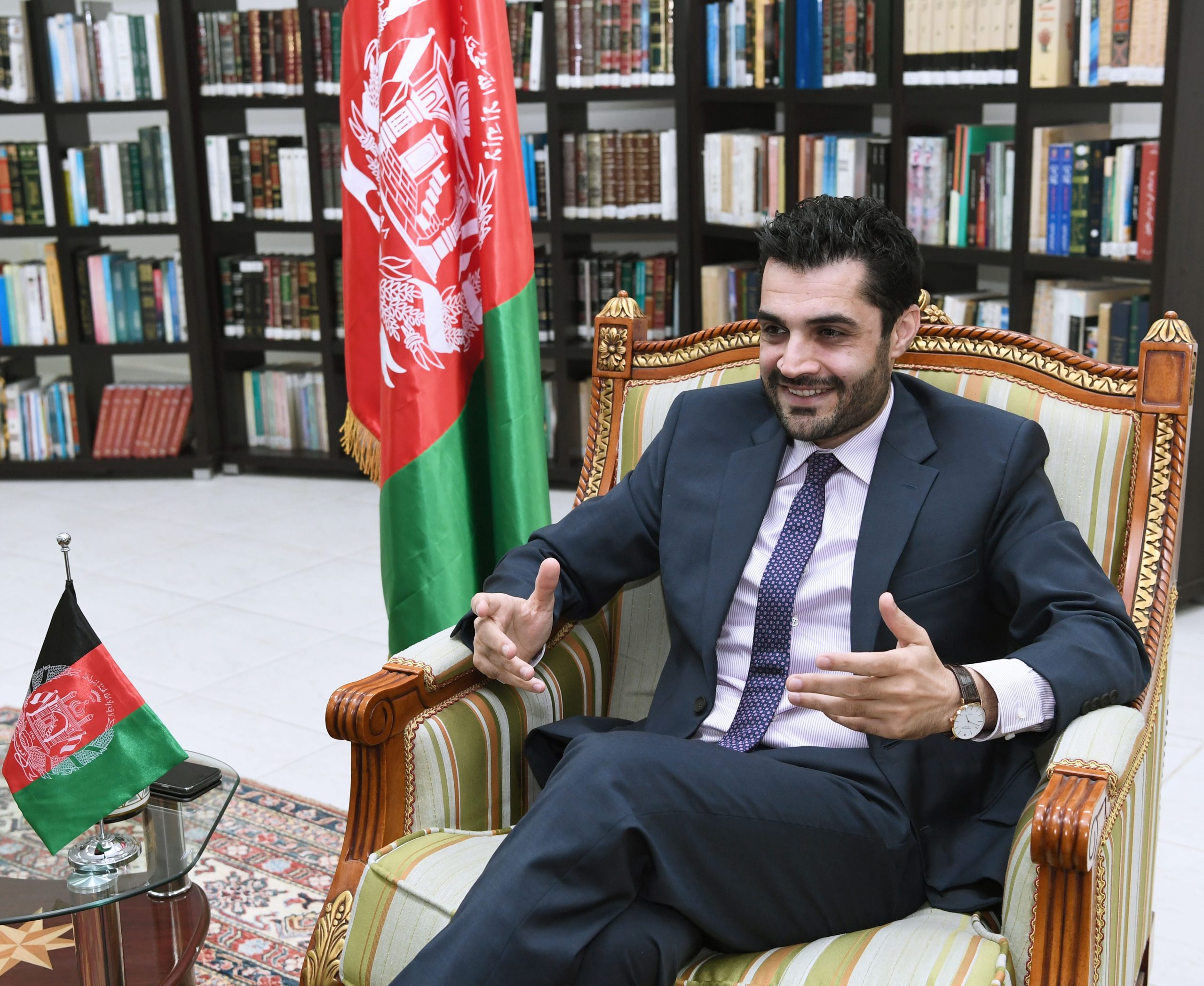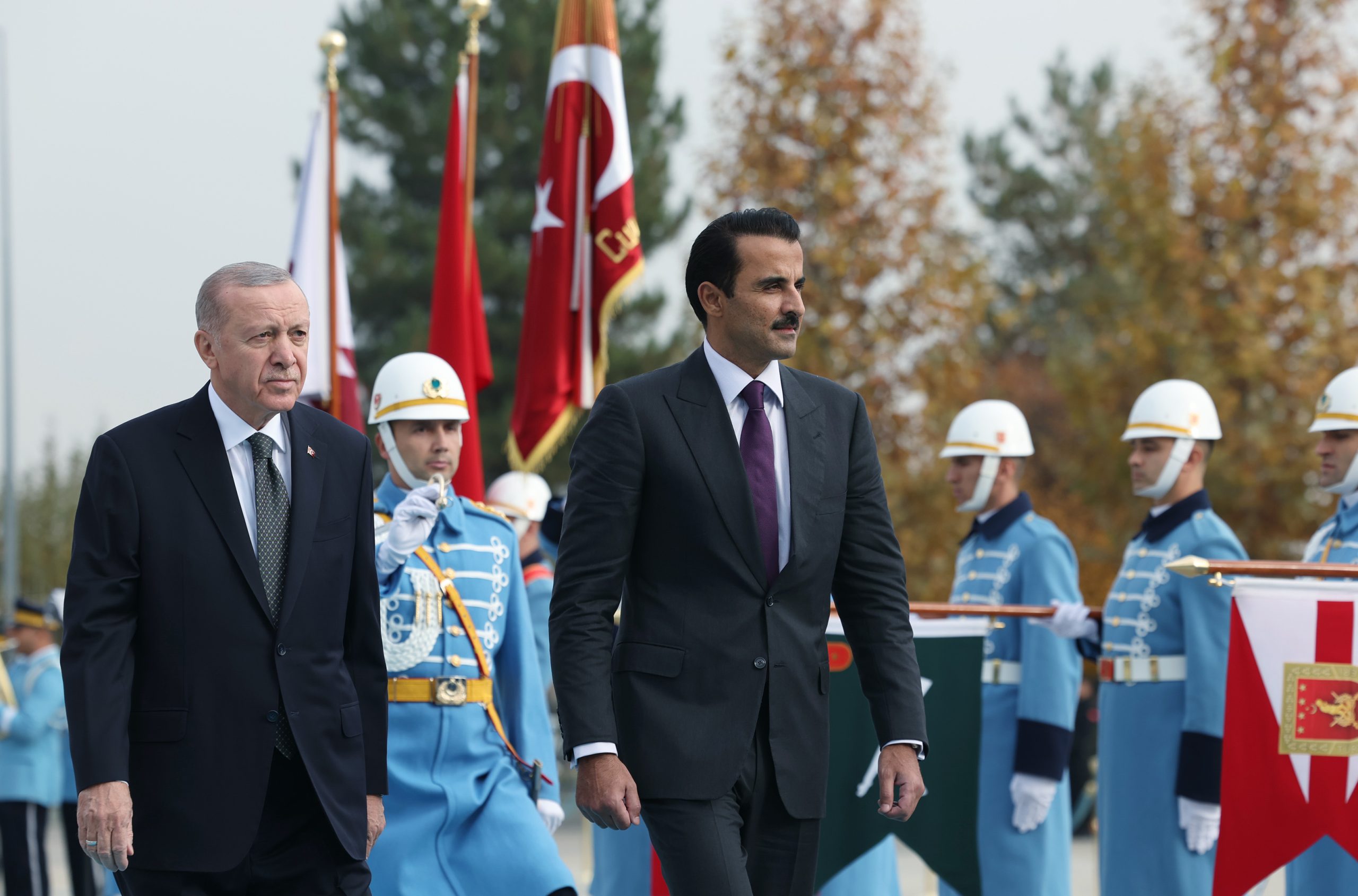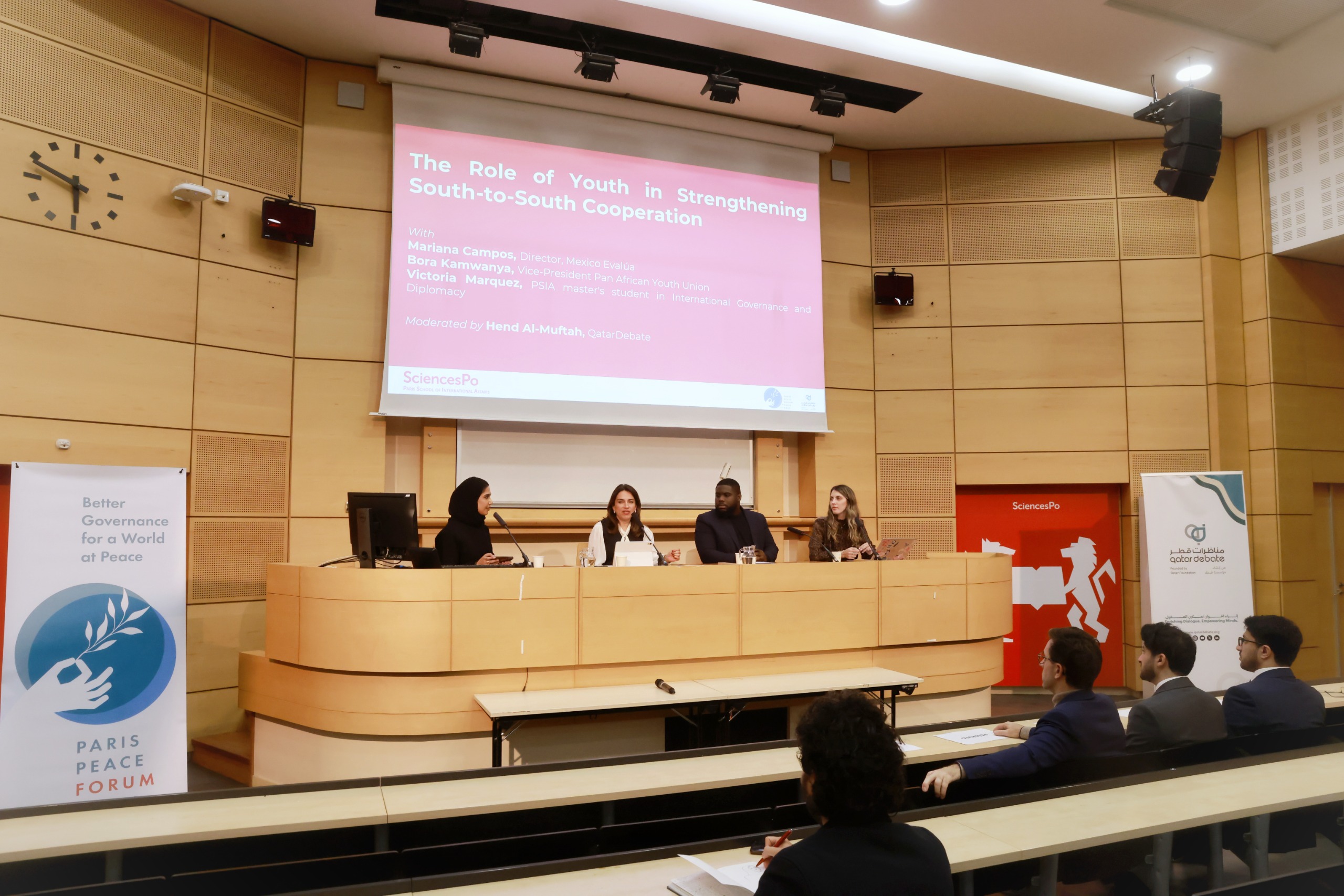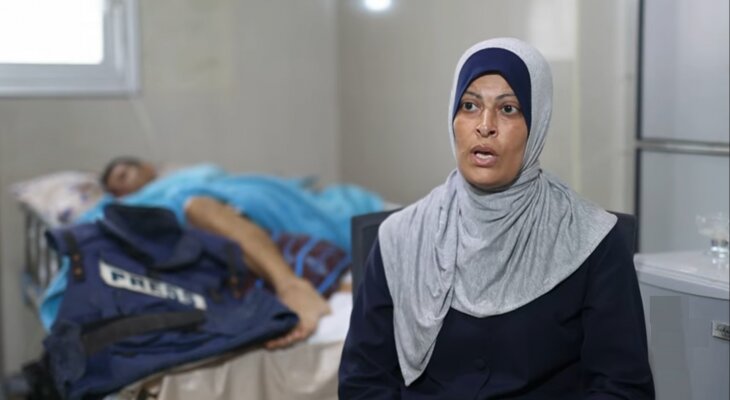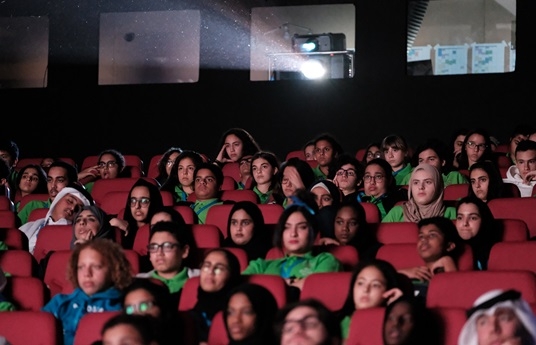Abu Dhabi has previously lobbied the US to open the Taliban office in the UAE instead of Doha, despite it repeatedly accusing Qatar of supporting Islamist militants—an accusation that led to the blockade in 2017.
Afghanistan’s ambassador to the UAE Javid Ahmad is facing backlash for criticising Qatar’s mediation efforts in the intra-Afghan talks.
Ahmad said Doha has not pushed hard enough to de-escalate ongoing violence by the Taliban and suggested talks should not be hosted in a fixed location.
He added the talks should instead be made more international by rotating among Europe, Asia, the Middle East and Afghanistan itself, according to Reuters.
“We want the Taliban to get out of their comfort zone,” the official said, referring to the group’s position in Qatar, where it has held an office since 2013.
“The Qataris could have used its role as a host to play a more active and decisive role in pushing the Taliban to reduce violence or declare a ceasefire…they have not properly used their leverage, as a host to the Taliban,” he added.
In response to the statement, a Qatari official said that Doha is “working closely with its strategic partners to establish international and regional consensus over the peace process”.
The source added that Qatar will continue to host the intra-Afghan talks to end the decades-long conflict.
In a statement released by the Afghan foreign ministry on Tuesday to respond to the remarks, Kabul expressed its appreciation for the efforts made by states participating in the peace process.
Read more: An Uphill Task: Qatar’s mediation ambitions between the US and Iran
“Afghanistan appreciates the sincere efforts of the Qatari government to support peace in Afghanistan, especially the hosting of peace talks between the delegations of the Islamic Republic of Afghanistan and the Taliban, and hopes that these joint efforts will yield desired results,” read the statement.
The foreign ministry confirmed that Afghans parties are currently engaging in negotiations with the Taliban delegation in Doha.
The Russian president’s envoy to Afghanistan also hit back at the remarks, saying the meetings are “not a competition.”
In response to the backlash, Javid issued a statement to confirm the remarks were his own personal views.
“My comments in this story reflect my personal view and not that of the Afghan govt. The Afghan govt’s commitment to peace is unwavering, in line with the desires of the Afghan people. In that regard, Afghanistan appreciates Qatar’s efforts in Afghan peace,” he said in a tweet.
Contradictory claims
The claims made by the Afghan ambassador to the UAE are seen as contradictory, given its criticism of Qatar’s hosting of the Taliban office as well as Abu Dhabi’s lack of involvement in the talks, experts said.
“Nobody outside of the UAE has criticised Qatar’s role in the negotiations. Qatar has been very generous, it has supported the children of both sides. It supported the education of their kids on both sides, it is building schools in Afghanistan,” Dr. Farhan Chak, Associate Professor of Political Science at Qatar University told Doha News.
The UAE was previously involved in an illegal land, air and sea blockade on Qatar that was launched over allegations of Doha’s alleged support for Islamist groups.
Despite that, leaked emails from the UAE’s ambassador to the US, Yousef Al Otaiba in 2017 revealed how his country was lobbying Washington to establish the Taliban’s political office in the Emirates itself.
Otaiba quickly scrambled to deny those claims, saying the UAE reconsidered the decision due to the Taliban’s unwillingness to denounce Al Qaeda.
The same leaked emails, disclosed by The New York Times [NYT], also stated that Otaiba reportedly received an “angry call” from UAE Foreign Minister Abdullah bin Zayed Al Nahyan in which he expressed outrage over the opening of the Taliban office in Doha instead of Abu Dhabi.
“Irrespective of the blockade, it truly is not for the voice of the primary religious ethnic groups within the region…the UAE is going to use any excuse to try to undermine the Qatari initiative,” said Dr. Chak.
Read also: Afghan govt accepts Biden proposal for Turkey ‘peace conference’: reports
“This shows the level of animus, this level of hatred that’s being expressed towards Qatar,” said Dr. Chak, commenting on the latest statements made by the Afghan ambassador in the UAE.
Th remarks are also ironic, given the UAE’s position on democracy in the region or the broader Middle East and its lack of support for having a proper representative governance.
“The UAE does not believe in Afghan-owned, inclusive peace process. It does not support representative governance and trying to bring all the parties together,” he added.
Qatar’s role in mediating between the warring factions has been widely praised by the international community since 2019, when the first round of peace talks were launched.
In December, the former US Secretary of State Mike Pompeo said the Doha-based peace talks “opened new and unprecedented opportunities for peace and prosperity”.
In the same month, the Secretary General of the North Atlantic Treaty Organisation (NATO) Jens Stoltenberg was also among a number of influential officials to applaud progress made in Qatar.
“A lot of people know that the cornerstone of Qatar’s foreign policy is to be a part of the mediation effort and the UAE does not have that. So it would not be able to compete the same way even if it would like to,” he said.
Moscow, Turkey meetings
Russia and Turkey have also stepped into the second phase of the intra-Afghan talks, announcing plans to hold international conferences to push the peace process forward.
A senior-level meeting will be hosted by Russia on March 18th, shortly followed by a similar conference in Turkey next month.
A Qatari source revealed that the Special Envoy of Qatar for Counterterrorism and Mediation of Conflict Resolution Dr. Mutlaq Al-Qahtani will participate in the Moscow meeting.
“The meeting will build upon the historic United States-Taliban peace agreement signed in Doha and the comprehensive intra-Afghan negotiations currently taking place in Doha,” the source added.
Read also: Qatar’s FM meets Taliban’s deputy leader in Doha
In a press conference on Thursday in Doha, Russian Foreign Minister Sergey Lavrov said his country is not competing with Qatar’s role as the main host of the talks.
“We all want the tragedy in Afghanistan to end as soon as possible. This is another example of what the consequences of democratisation that non-regional countries are trying to bring, look like in practice. We are not competing with Qatar or anyone else here. We do not speak here from positions that can be made the subject of some kind of jealousy,” he said.
Qatar’s Foreign Minister Sheikh Mohammed bin Abdulrahman Al Thani added that the meetings seek to push towards further progress in the Afghan peace process.
While no further details were disclosed about the Istanbul meeting, the Russian conference will be attended by representatives of the Afghan government, the Taliban, Russia, the United State, China and Pakistan. Qatar has also been invited as an honoured guest.
Follow Doha News on Twitter, Instagram, Facebook and Youtube

